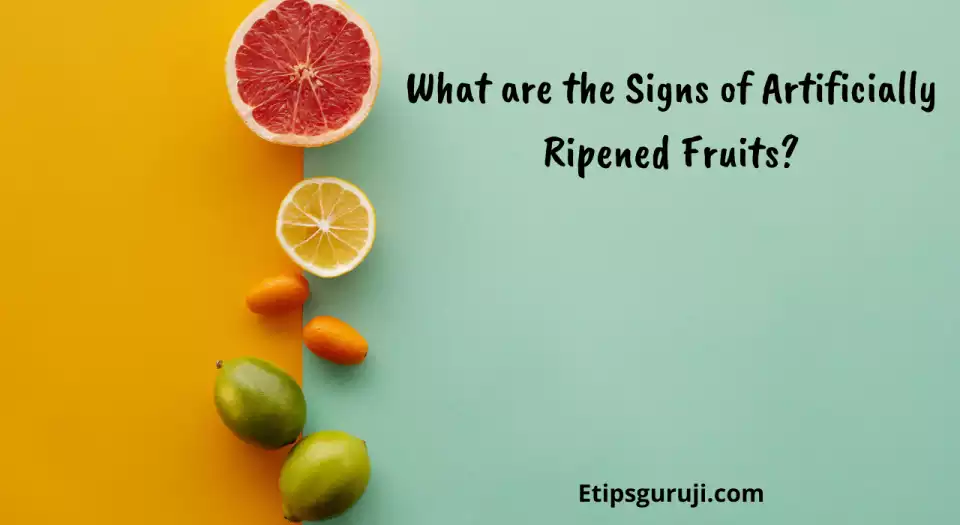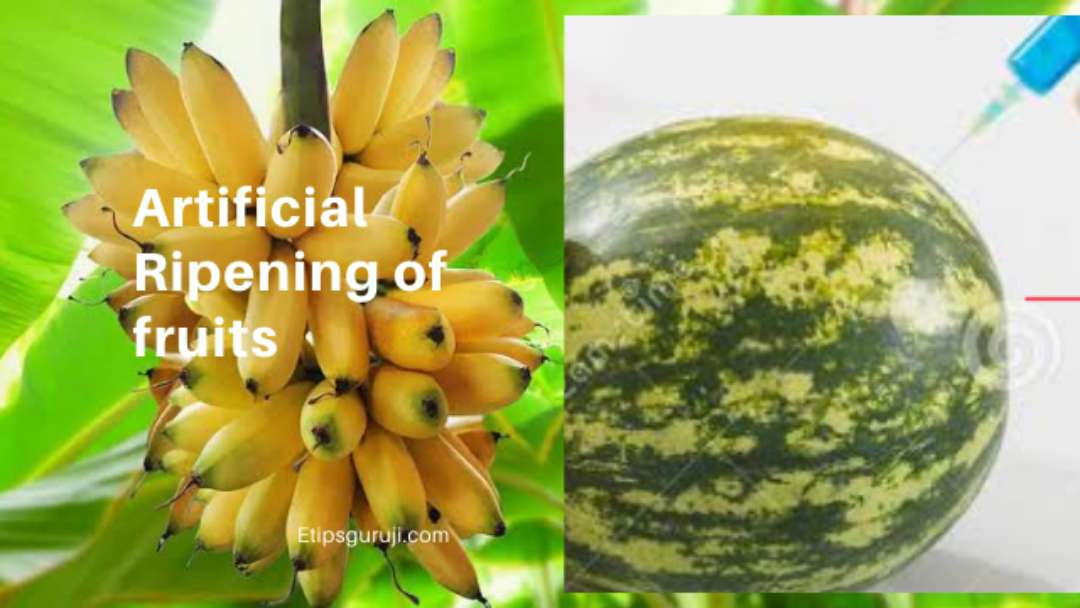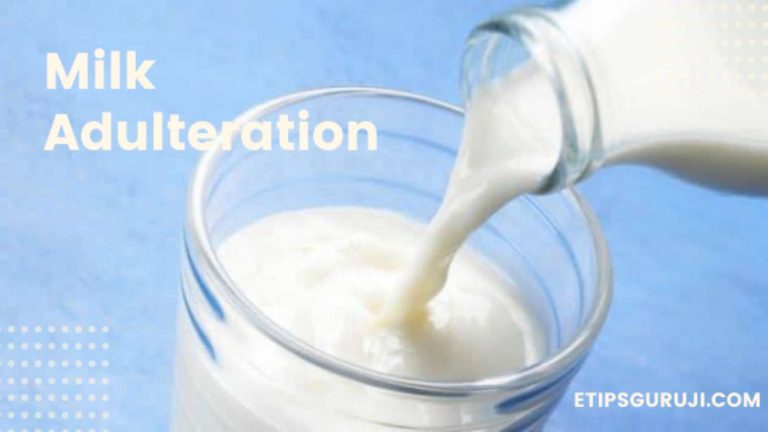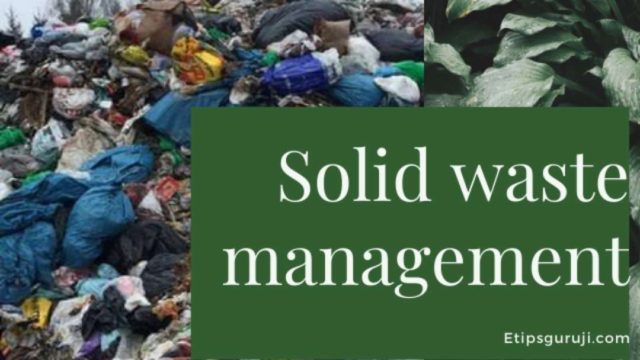Artificial Ripening Of Fruits: Is It Dangerous for Health?
The artificial ripening of fruits has become a popular practice nowadays including in India. It involves applications of some ripening agents to faster the rate of ripening in fruits. Many times, fruit traders use harmful chemicals to fasten the process of ripening.
These chemicals or ripening agents used in the ripening process are harmful to human health.
Fruits ripen naturally after gaining proper maturity through several physiological and biochemical events that are irreversible. Nowadays fruits are being ripened by chemicals that cause serious health hazards.
There are several pretreatments for artificial ripening of fruits at faster rate. The process is intended for better consumer acceptance and marketing. Let’s see to what extent, the methods of artificial ripening of fruits are safe and acceptable.
Why and How do Fruits Ripen?
Fruit ripening is a natural process to complete the life cycle of fruit. The reason behind fruit ripening is a chemical ethylene. It a natural gaseous plant hormone. According to research reports, ethylene is produced by plant tissues in response stress from high temperature and injury.
In the initial stages of the ripening process, fruit synthesizes compounds such as alkaloids and tannins. They act as antifeedants and fight infections. These compounds impart a bitter taste and astringent to unripe fruits.
This process wards off eager eaters and the fruit gets time for seed development. Fleshy fruit development and ripening of fruit are complex processes that involve numerous physiological and molecular changes.
From early civilization, people are using various techniques to boost ethylene production in fruits even unknowingly. For example, farmers in China used to leave pears in closed rooms with incense burning to accelerate the ripening process in fruits. Less did they know that wounding and high temperatures triggers ethylene production in fruits.
Moreover, plants not only respond to ethylene, but they also produce it their own. The production of the gas also increases when the fruit is cut or injured with a knife.
What are the Signs of Artificially Ripened Fruits?

You can distinguish the artificially ripened fruit easily at a glance.
The Artificial ripening of fruits imparts uniform skin color in fruits like mango, tomato, and papaya. Artificially ripened banana is yellow with a dark green stem. Changes occurring during ripening are compositional and structural.
- These changes lead the fruit to be desirable and edible.
- Ripening is the final stage of the maturation process of the fruits. At this level the fruit changes color, develops flavor, and loses its hardness.
- Fruits not ripened naturally may have lesser flavour and shorter shelf-life. If you find the fruit available before the season, it could be due to the process of artificial ripening of fruits.
- It is advised to wash and peel the fruits before eating to minimise the risks of calcium carbide used in the artificial ripening of fruits. A detailed analysis could be done in standard laboratories to find out whether the fruit is contaminated or not.
What is the Necessity of Artificial Ripening of Fruits?
Artificial ripening of fruits is done to smooth ripening characteristics in lesser time. In the process, unsaturated hydrocarbons like acetylene and ethylene are used. These agents promote ripening and induce colour changes effectively to the fruits.
The process of artificial ripening of fruits enhances the cosmetic quality of fruits. However, the organoleptic quality of fruits can get impaired. To get ripening with better cosmetic quality and appearance, the ripening agent will be required in huge quantity as compared to the conventional dose.
Different Stages of Fruits Ripening
Fruits undergo different phases before ripening completely such as fruit softening, more sweetness and less bitterness, as well as a color change. The changes in the process of ripening start in the inner part of the fruit- the locule.
It is a gel-like tissue that surrounds the seeds. Further, changes takes place in the next successive tissue of the fruit-the pericarp.After the observable changes of softening tissue, changes in color and carotenoid content starts occurring.
The process activates ethylene production. Colour change starts occurring due to pigments present in the fruit. The change becomes visible when chlorophyll is degraded and additional pigments are produced with fruit ripening.
As acids break down in ripening fruits, the fruit gets sweeter taste unlike the sharp taste of unripe fruits. Fruits like guava, experience a decrease in vitamin C as it ripens because of the general decrease in acid content occurring during the ripening process.
Is Ethylene Ripening a Safe Method?
The artificial Ripening of fruits by exposing them to ethylene gas is common as compared to other methods. The process of fruit ripening using ethylene starts with releasing a fruit ripening plant hormone.
The concentration has to be between 10 to 100 parts per million (PPM). Usually, it is considered safe depending upon the type, and maturity of the crop.
As discussed above, Ethylene is a ripening hormone defined as a chemical substance produced by fruits having specific biological action. Processes of fruit maturation and senescence are accelerated by ethylene.
Ethylene accelerates ripening in bananas, bananas, citrus, dates, pineapples, apples, pears, melons, papayas, avocados, and mangoes.
READ MORE:-
- PRECISION FARMING EMPOWERING FARMERS OF TODAY
- ORGANIC FARMING IN INDIA FOR BETTER HEALTH AND ENVIRONMENT
According to Anil K.R. Srivastave, Chief Operating Officer-Agribusiness of Heritage Foods, ethylene has been recognized as safe by the United States Food and Drug Administration.
It falls within the category of food substances generally used for purposes like ripening.
Recent studies using gas chromatography, Srivastave pointed out, showed that an amount of ethylene large enough to stimulate ripening was always present within a fruit before the respiratory process of the fruit began.
Ethylene was approved by the World Health Organisation and the FDA while calcium carbide was banned, he adds. Its use is punishable under law. Ethylene was found to be completely safe and natural for artificial ripening of fruits.
Calcium Carbide Fruit Ripening Side Effects
Calcium carbide is commonly used in the artificial ripening of fruits. It produces acetylene, an analog of ethylene but has several problems. It is explosive and breaks down the organic composition of vitamins of the fruit. Calcium carbide changes only the skin color while the fruit remains raw inside.
Moreover, industrial-grade calcium carbide is usually contaminated. It contains trace amounts of arsenic and phosphorus. They are toxic chemicals and harmful to health.
Calcium carbide can affect the neurological system by inducing prolonged hypoxia. The victim may experience symptoms like dizziness, headache, memory loss, high sleepiness, cerebral oedema, low blood pressure, numbness and general weakness, cold and damp skin, and seizure.






